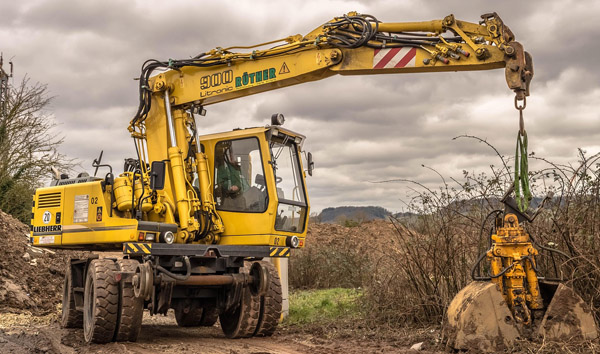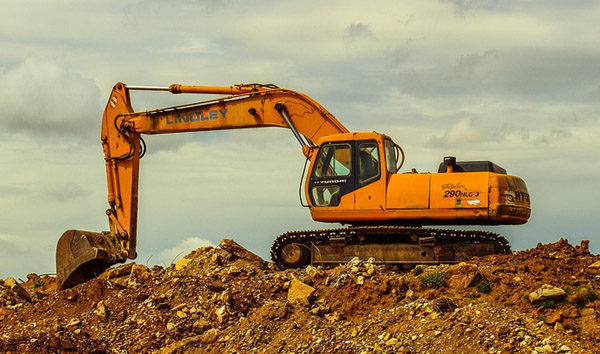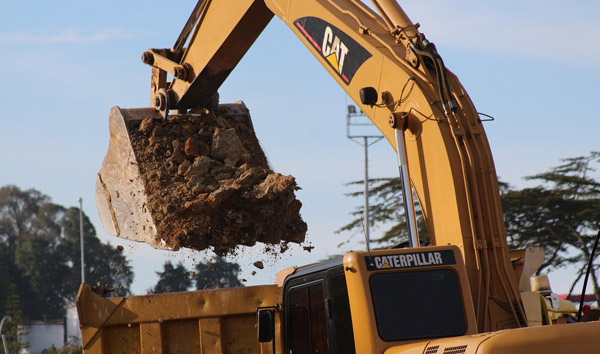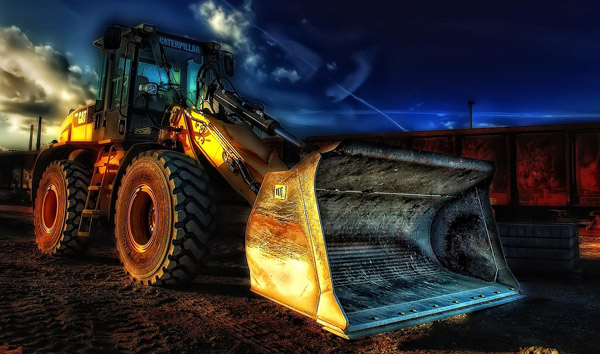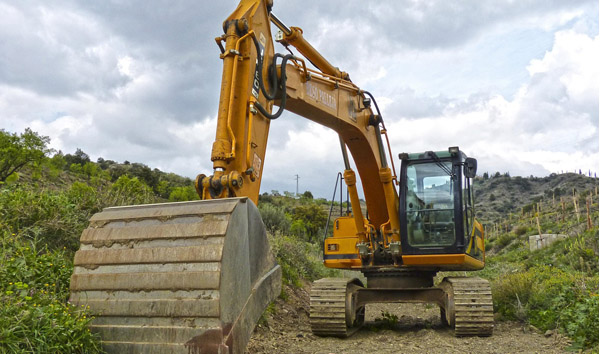Navigating the Robust Specifications of All-Terrain Forklifts
2025-07-28 05:15:30
All-terrain forklifts are designed to operate efficiently on uneven, muddy, or rocky surfaces, making them indispensable in construction, agriculture, and heavy industries. Key specifications include load capacities ranging from 3,000 to 15,000 kg, ensuring versatility across applications. These machines often feature reinforced chassis and heavy-duty tires, allowing them to traverse challenging terrains without compromising stability. Additionally, advanced hydraulic systems enable precise load handling, even on inclines or rough ground.
One of the standout features of all-terrain forklifts is their engine power, typically ranging from 50 to 150 HP, depending on the model. Diesel engines dominate this category due to their torque and fuel efficiency in harsh conditions. Some modern variants incorporate hybrid or electric powertrains, reducing emissions without sacrificing performance. The lifting height, another critical specification, varies between 3 to 7 meters, catering to diverse stacking and loading requirements. Operators benefit from ergonomic cabins with enhanced visibility and vibration-dampening systems, ensuring comfort during prolonged use.
Tire selection is pivotal in all-terrain forklift specifications, with options including solid rubber, pneumatic, or foam-filled tires. Pneumatic tires excel in soft or uneven terrain, offering superior shock absorption, while solid rubber variants provide puncture resistance in debris-laden environments. The forklift’s turning radius, often between 2.5 to 4 meters, determines maneuverability in confined spaces. Furthermore, these machines boast robust braking systems, with some models featuring all-wheel drive (AWD) for enhanced traction on slopes or slippery surfaces.
Safety remains a top priority in all-terrain forklift design, with specifications including load moment indicators (LMIs), anti-rollover systems, and LED lighting for low-visibility conditions. The inclusion of telematics allows fleet managers to monitor performance metrics like fuel consumption, maintenance alerts, and operational hours. Compliance with international standards such as ISO 3691 ensures these forklifts meet rigorous safety and performance benchmarks. Their ability to operate in temperatures ranging from -20°C to 50°C further underscores their adaptability.
In conclusion, all-terrain forklift specifications are tailored to meet the demands of extreme environments, balancing power, durability, and safety. From load capacity and engine performance to tire options and advanced safety systems, these machines are built to excel where conventional forklifts falter. As industries continue to push operational boundaries, the evolution of all-terrain forklifts will remain pivotal in driving efficiency and productivity in challenging landscapes.




